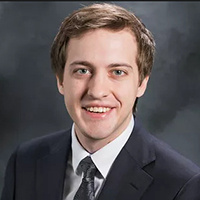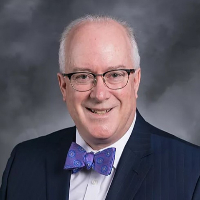 Quasqueton White Collar Crime Lawyers, Iowa
Quasqueton White Collar Crime Lawyers, Iowa
Sponsored Law Firm
-
 x
x

Click For More Info:
-
The Law Offices of Richard L. Cooper, P.A.
848 Brickell Avenue Suite 800 Miami, FL 33131» view mapDWI/DUI, Drug Trafficking, Felony Nationally Ranked Top 40 Under 40
With Richard L. Cooper you can expect a trusted confidant who will work diligently to fully understand your case and determine a road map to help you regain control of your life.
800-756-2781
Not enough matches for Quasqueton White Collar Crime lawyer.
Below are all Quasqueton Criminal lawyers.
Sponsored Lawyers
1-10 of 16 matches
Criminal, Divorce & Family Law, Child Custody, Family Law, Child Support
Thomas Viner is a practicing lawyer in the state of Iowa. He received his J.D. from Drake University Law School in 2004. He currently works for the privately owned firm of Viner Law Firm.
(more)Criminal, Divorce & Family Law, Child Custody, Family Law, Child Support
Austin Norden proudly serves Cedar Rapids, IA and the neighboring communities in the areas of criminal defense, divorce & family law, child custody, family law, and child support law.
(more)Criminal, Federal Trial Practice, Juvenile Law
Al Willett is a practicing lawyer in the state of Iowa. He currently works for the privately owned firm of Viner Law Firm with experience in Federal Criminal Defense.
(more)



 Richard L. Cooper Miami, FL
Richard L. Cooper Miami, FL AboutMiami Attorney at Law
AboutMiami Attorney at Law ServicesCriminal Defense
ServicesCriminal Defense



